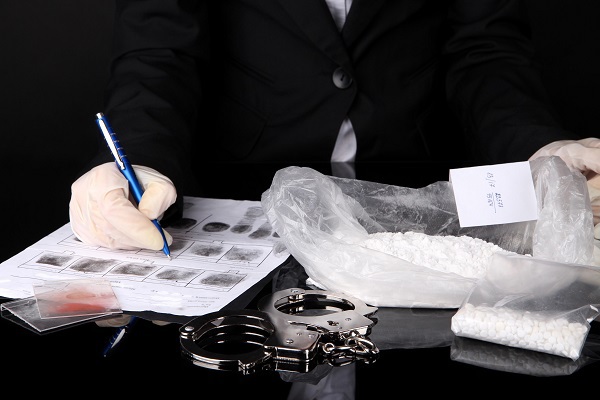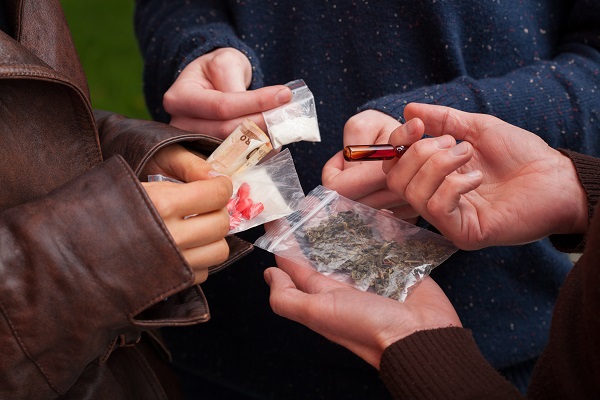How Police Obtain a Warrant to Search for Drugs
Before police can search for drugs, they need to obtain a warrant from the court unless a few exceptions apply. The search warrant is a legal document explaining where the police can search for evidence of a crime. Once law enforcement has a warrant, they do not need your consent to search the specified area. Police officers must get search warrants from judges or magistrate judges. The judge issuing a warrant must be “neutral and detached” and “capable of determining whether probable cause exists”. Coolidge v. New Hampshire, 403 U.S. 443 (1971). This requirement helps ensure that there is no conflict...
Continue reading










